Frost and friendship on the Trans-Siberian Railway
As the legendary railway marks its centenary, Richard Green finds a kindred spirit in the vast snowy forest
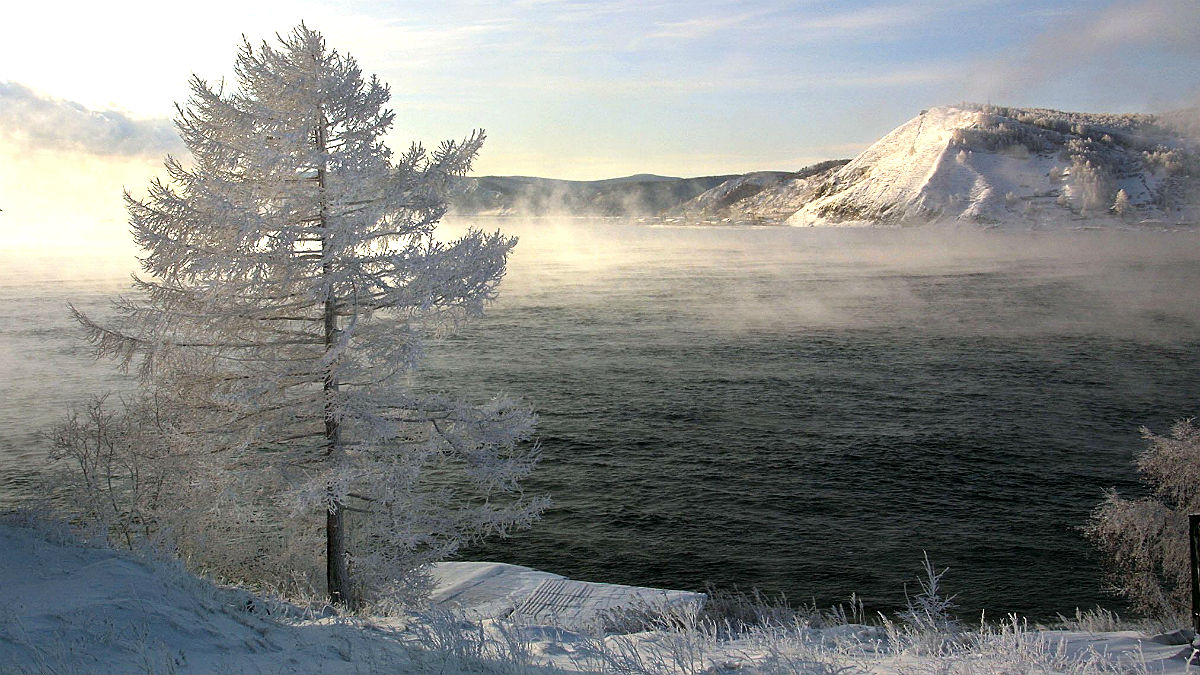
A free daily email with the biggest news stories of the day – and the best features from TheWeek.com
You are now subscribed
Your newsletter sign-up was successful
As birch trees and patches of spring snow flicker past the train window, I realise that this ever-changing, never-changing scenery has become the surprising highlight of my time on the Trans Siberian Express.
This is slow travel at its best. The chief thrill is the journey itself: the cosy carriages, the on-board camaraderie and the constant edging forward across the vastness of Russia. A hundred years since the line was opened, today's travellers still feel like pioneers.
The whole trip from Moscow to Beijing is a journey of 4,736 miles, which takes six days on an "ordinary" through train, or 16 days on the Tsar's Gold tourist train, which makes sightseeing stops along the way. This German-run "cruise on wheels" is for those who prefer everything pre-booked and arranged in advance, and who don't relish the prospect of the language barrier on regular Russian trains.
The Week
Escape your echo chamber. Get the facts behind the news, plus analysis from multiple perspectives.

Sign up for The Week's Free Newsletters
From our morning news briefing to a weekly Good News Newsletter, get the best of The Week delivered directly to your inbox.
From our morning news briefing to a weekly Good News Newsletter, get the best of The Week delivered directly to your inbox.
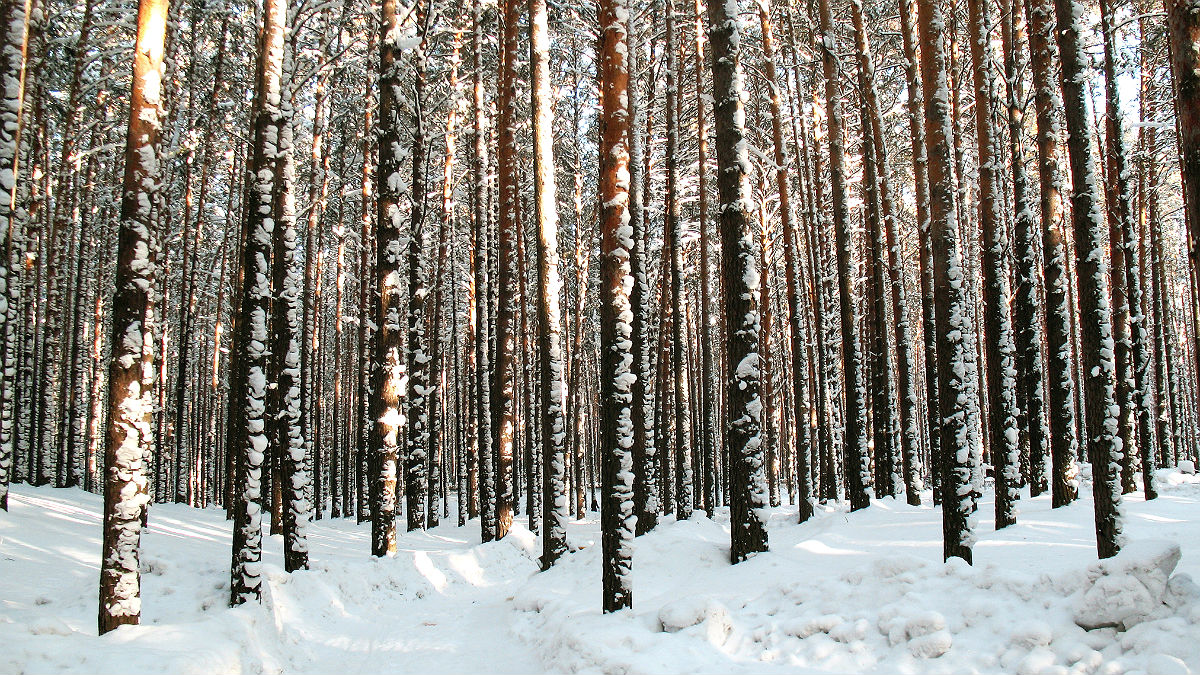
Siberian pine forest (Andrei Zverev/Flickr CC)
I boarded in Yekaterinburg, just east of the Ural Mountains, for a three-night ride to Irkutsk, not really knowing what to expect.
As we chugged out of the city, I sought out the toasty dining car and its complement of 20 English-speakers. Most passengers on the train are German, but the "English" group on this trip consisted of Brits, Danes, Dutch, Italians, Americans, and a Spaniard. We were grouped together for meals and tours.
It was nice to warm through, eat a hearty meal of fish salad, cabbage soup and "beef in the Russian Monastic Manner", and move on from the gloomy history offered up by Yekaterinburg. In 1918, Tsar Nicholas II and his family were shot and mutilated there, and then dumped down a city well.
A free daily email with the biggest news stories of the day – and the best features from TheWeek.com
After dinner, I learn from Larissa, the English-speaking guide, that the railway, and the land it crosses, has its own bleak history.
"It's been a place of exile for 300 years, with perhaps 21 million inmates passing through the gulags in total", she told us. The majority of people were sent east during Stalin's time, when he expanded the isolated prison camps. "Even on the trains" said Larissa, "there were gun emplacements on the top of the carriages and hooks underneath to kill anyone trying to escape."
I wouldn't fancy anyone's chances in this wilderness. Between the cities there was barely a sign of life, save for a hut or two by the railway tracks every few hours.
I'd imagined that towns would grow smaller and cuter as the train trundled further into Siberia, but Novosibirsk, the first stop after Yekaterinburg and 2,000 miles east of Moscow, was big and bombastic. Soviet era buildings here included the country's largest opera house and a prominent statue of Lenin flanked by five heroic workers.
At Krasnoyarsk, while other passengers were having a city tour, I asked train manager Hans for a peek in all the carriages. Squeezing past a large man with a small vacuum cleaner, I entered the Classic category of cabin - a basic compartment with two bench seats that convert to four bunks, with shared toilets at either end of the carriage.
"All of our classes include the same meals, and sightseeing", said Hans, as we moved briskly down the corridor. The windows of the Nostalgia cabin, with one shower shared between two cabins, were being cleaned inside and out – "so our guests can always take good photographs", he explained. At the front of the train were swish modern Bolshoi Class compartments with double beds and an en suite toilet and shower.
I caught up with the group walking towards the city with local guide Irena. In the West, talk of Siberia may conjure an empty freezing wasteland, but almost 25 million people live here, in an area about the size of China.
Down by the river promenade, the spring sun was enlivening everyone's spirits. Sitting on the open deck of a large pleasure boat I fell into a backslapping beer-fuelled chat with some young Russian lads about football and pop music. After a robust evening of vodka-tasting with Larissa and the group, I returned to my cabin a little bit tipsy, and fell asleep wondering if Larissa had really said that Tsar Peter the Great had made dancing and moustaches compulsory. "Yes he really did that," she beamed, as the train approached Irkutsk.
I spent the last of my 100 hours on the train in my compartment, staring into the birch forests. The monotony had become magical, the carriages homely, and several members of my group were now friends. What a cracking experience, and what a wrench to leave for my six-hour flight back to Moscow.
Travel notes
The Russia Experience (trans-siberian.co.uk; 0845 521 2910) has a 16-day Tsar's Gold train journey from Moscow to Beijing (or vice-versa) starting from £3397 per person in standard category based on two people travelling excluding flights. The "classic" journey costs from £1815 per person for an 18-day trip between St Petersburg and Beijing (again based on two people travelling and excluding flights). Packages in the top-of-the-range Golden Eagle, from Moscow to Vladivostock, start at £9945.
-
 The EU’s war on fast fashion
The EU’s war on fast fashionIn the Spotlight Bloc launches investigation into Shein over sale of weapons and ‘childlike’ sex dolls, alongside efforts to tax e-commerce giants and combat textile waste
-
 How to Get to Heaven from Belfast: a ‘highly entertaining ride’
How to Get to Heaven from Belfast: a ‘highly entertaining ride’The Week Recommends Mystery-comedy from the creator of Derry Girls should be ‘your new binge-watch’
-
 The 8 best TV shows of the 1960s
The 8 best TV shows of the 1960sThe standout shows of this decade take viewers from outer space to the Wild West
-
 Friendship: 'bromance' comedy starring Paul Rudd and Tim Robinson
Friendship: 'bromance' comedy starring Paul Rudd and Tim RobinsonThe Week Recommends 'Lampooning and embracing' middle-aged male loneliness, this film is 'enjoyable and funny'
-
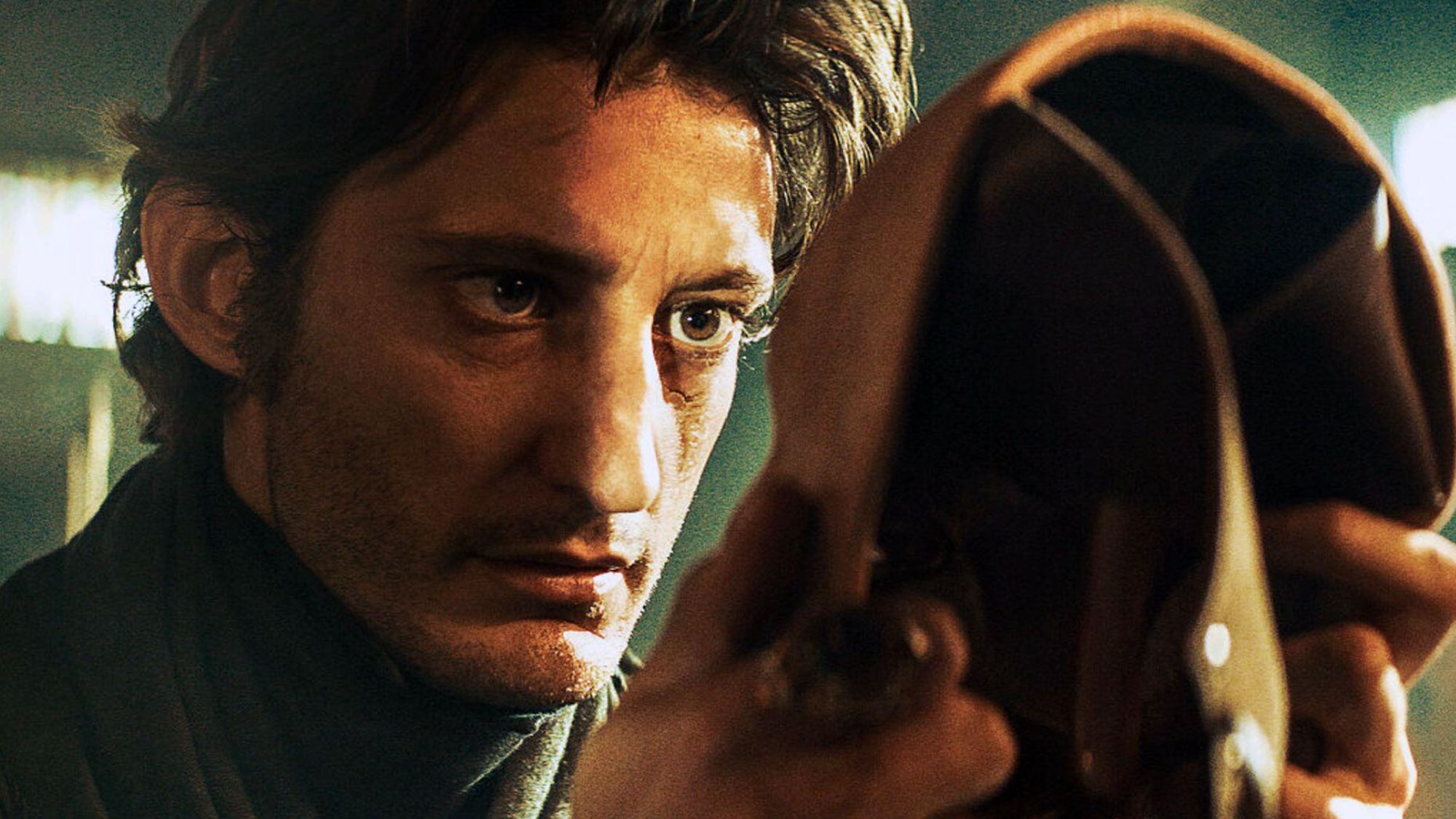 The Count of Monte Cristo review: 'indecently spectacular' adaptation
The Count of Monte Cristo review: 'indecently spectacular' adaptationThe Week Recommends Dumas's classic 19th-century novel is once again given new life in this 'fast-moving' film
-
 Death of England: Closing Time review – 'bold, brash reflection on racism'
Death of England: Closing Time review – 'bold, brash reflection on racism'The Week Recommends The final part of this trilogy deftly explores rising political tensions across the country
-
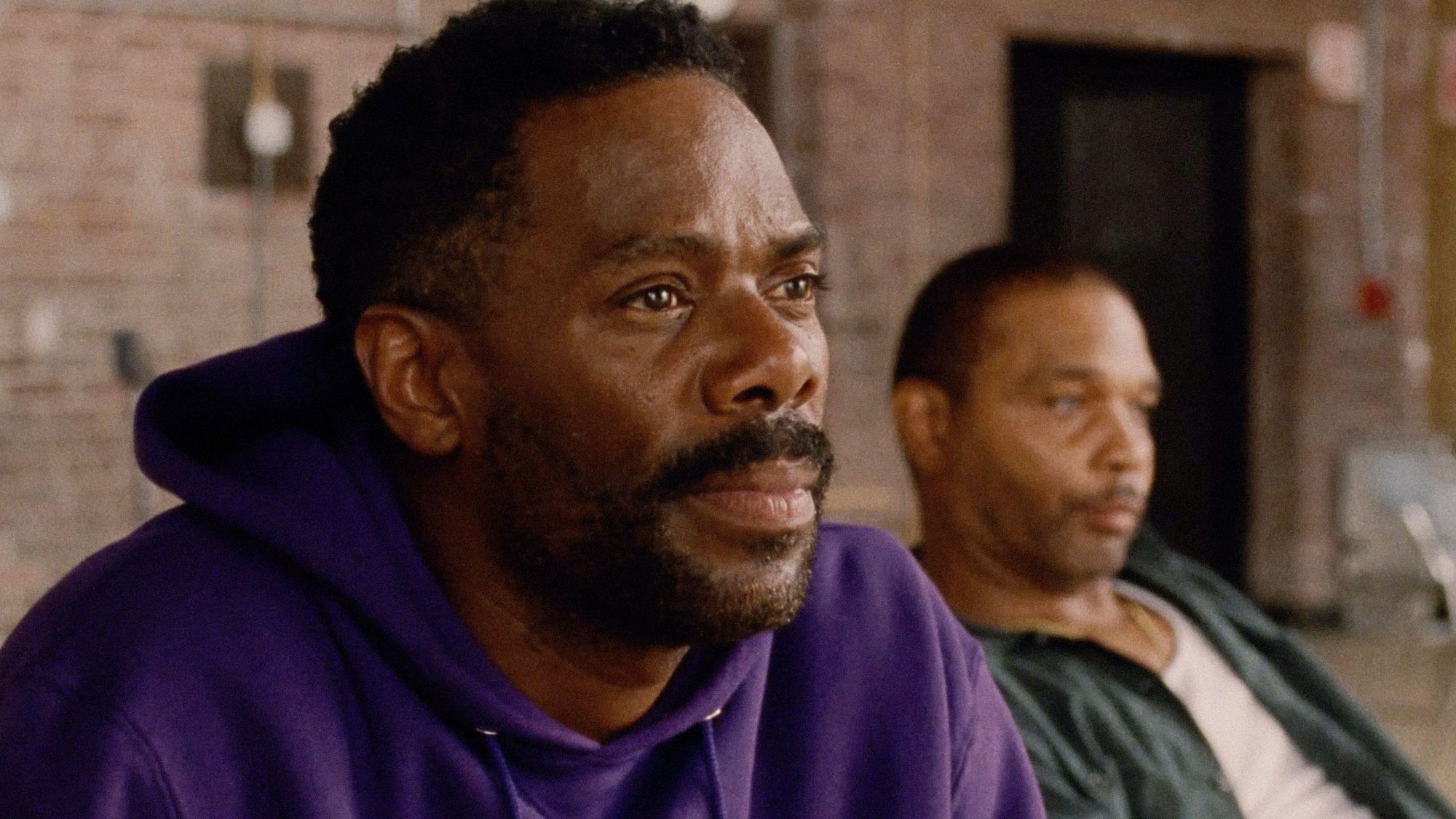 Sing Sing review: prison drama bursts with 'charm, energy and optimism'
Sing Sing review: prison drama bursts with 'charm, energy and optimism'The Week Recommends Colman Domingo plays a real-life prisoner in a performance likely to be an Oscars shoo-in
-
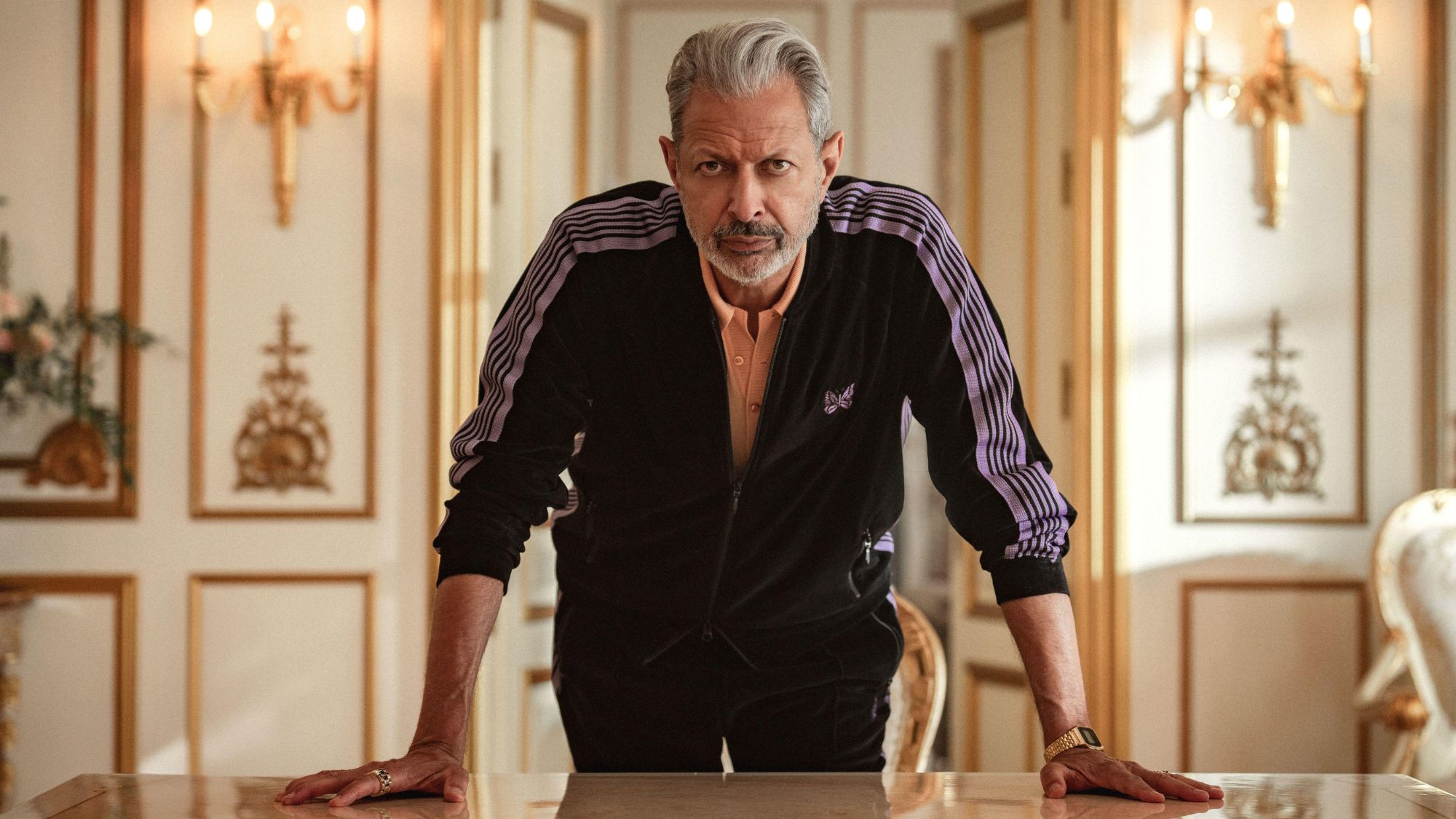 Kaos review: comic retelling of Greek mythology starring Jeff Goldblum
Kaos review: comic retelling of Greek mythology starring Jeff GoldblumThe Week Recommends The new series captures audiences as it 'never takes itself too seriously'
-
 Blink Twice review: a 'stylish and savage' black comedy thriller
Blink Twice review: a 'stylish and savage' black comedy thrillerThe Week Recommends Channing Tatum and Naomi Ackie stun in this film on the hedonistic rich directed by Zoë Kravitz
-
 Shifters review: 'beautiful' new romantic comedy offers 'bittersweet tenderness'
Shifters review: 'beautiful' new romantic comedy offers 'bittersweet tenderness'The Week Recommends The 'inventive, emotionally astute writing' leaves audiences gripped throughout
-
 How to do F1: British Grand Prix 2025
How to do F1: British Grand Prix 2025The Week Recommends One of the biggest events of the motorsports calendar is back and better than ever